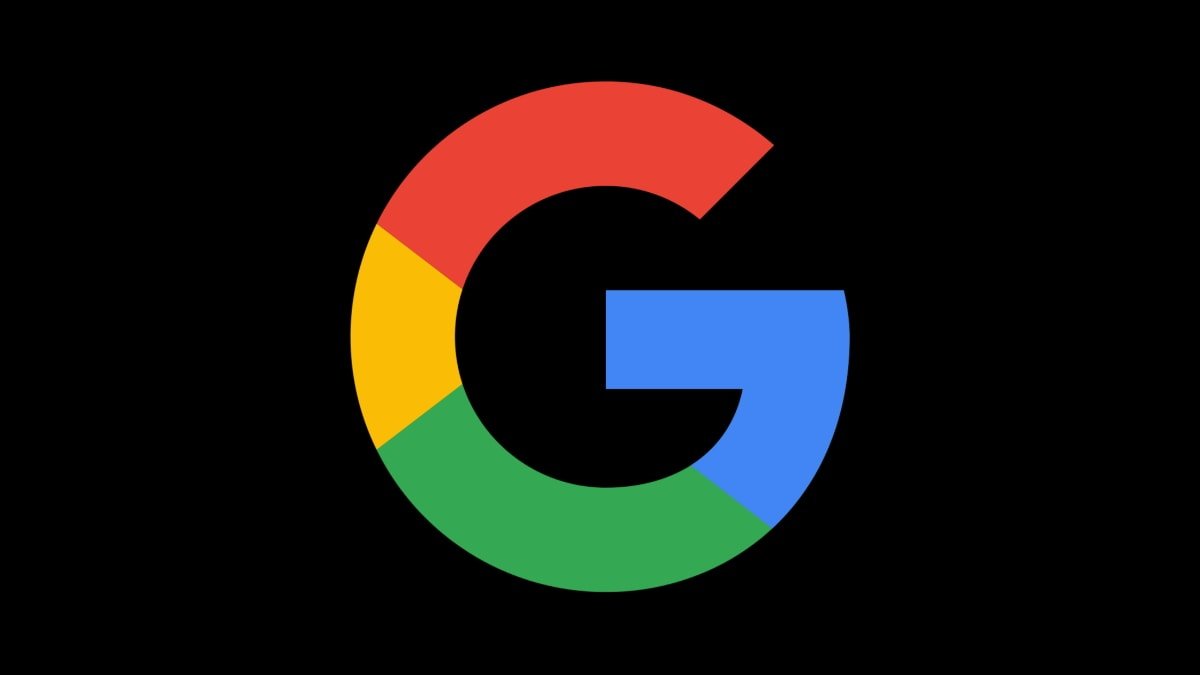Oregon's Attorney General has announced the most significant consumer privacy settlement in US history over location tracking practices, due to Google's prior practices.
The US Department of Justice announced the settlement on Monday, which totals $391.5 million. Oregon Attorney General Ellen Rosenblum and 39 other state attorneys were involved in the case.
Through AG Rosenblum and Nebraska AG Doug Peterson, Oregon led the bipartisan case and will receive $14,800,563.
According to the settlement, Google misled its users into thinking they had turned off location tracking in their account settings. Instead, the company continued to collect location data despite the setting.
As part of the settlement, Google agreed to improve its location tracking disclosures, and user controls starting in 2023.
The attorneys general opened the Google case after an investigation in August 2018 revealed that company tracks users even when they enable a setting that told Google not to track them.
Five days after the investigative report, Google confirmed it was happening. The company didn't change its data collection practices, but instead changed the language on its support page to be less deceptive.
Two Google account settings were part of the case: Location History and Web & App Activity. Location History is "off" unless a user enables the setting, but Web & App Activity, a separate account setting, is automatically "on" when users set up a Google account.
The attorneys general found that Google had violated state consumer protection laws by misleading consumers about its location-tracking practices since at least 2014.
"For years, Google has prioritized profit over their users' privacy," said Attorney General Rosenblum. "They have been crafty and deceptive. Consumers thought they had turned off their location tracking features on Google, but the company continued to secretly record their movements and use that information for advertisers."
The settlement also requires Google to be more transparent about its data collection. Notably, the company has to provide additional information to users whenever they activate or deactivate specific settings and give users detailed information about the types of location data that Google collects.
Besides the settlement, governments have set up task forces surrounding privacy legislation. For example, in 2019, Attorney General Rosenblum formed the Oregon Consumer Privacy Task Force to handle privacy laws.
The task force plans to introduce consumer data privacy legislation in 2023. Consumers will have more control over their data if the bill is successful.
 Andrew Orr
Andrew Orr







-m.jpg)






 Charles Martin
Charles Martin


 Malcolm Owen
Malcolm Owen
 William Gallagher
William Gallagher
 Christine McKee
Christine McKee
 Marko Zivkovic
Marko Zivkovic
 Mike Wuerthele
Mike Wuerthele









6 Comments
It’s their willingness to be deceptive which is noteworthy. Intentionally trying to fool people, the users of their software (but not, as we now, their customers, who are the advertisers).
The penalty seems a bit low. It might be the largest ever payout, but it's also the largest ever infringement.
“The record setting penalty in this matter sends a clear message to all companies under an FTC privacy order,” said Jon Leibowitz, Chairman of the FTC. “No matter how big or small, all companies must abide by FTC orders against them and keep their privacy promises to consumers, or they will end up paying many times what it would have cost to comply in the first place.”
https://www.ftc.gov/news-events/news/press-releases/2012/08/google-will-pay-225-million-settle-ftc-charges-it-misrepresented-privacy-assurances-users-apples
There needs to be an end to companies purposely styling their device user settings to put toggles under different headings that are related to the same function. Google has been horrible about it. You think you've turned something on/off, but weren't aware of a similar toggle in a different menu that also needs to be on/off to cover it entirely. It's no accident that settings are strewn across several sub-menus. Companies hope you miss one, and while hopeful I'm not convinced that relatively minor fines will be enough for it to stop. This one should have been higher IMO, but I get the gist the AG's were more interested in a win, no matter how ineffective, than making sure no company ever did anything similar. Political PR was probably more important than the amount of the fine.
FWIW Apple too tends to do the same scattering of settings. When I set up my Apple TV I think I had to go to three different menu areas to find settings related to my privacy in order to turn off data sharing with Apple totally. Based on some recent articles I might not have accomplished what I wanted to anyway, Apple may still be collecting user data via Analytics.
There was also a user agreement for some web service I took the time to read recently. It included four different permission boxes, two of which at first glance seemed harmless and enabled user-friendly features, but on deeper reading turned out to be me agreeing to different pieces of personal data collection, use, and sharing (selling) to 3rd parties.